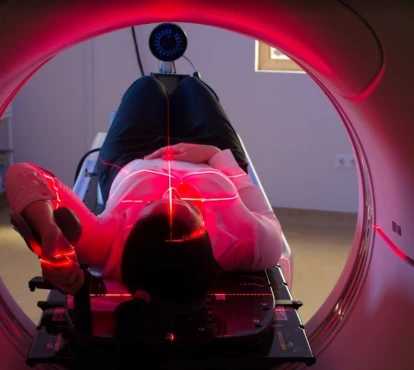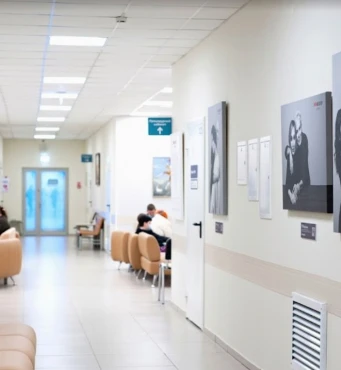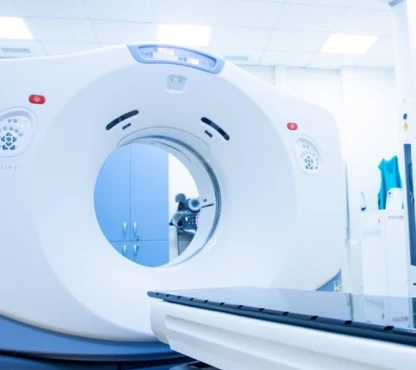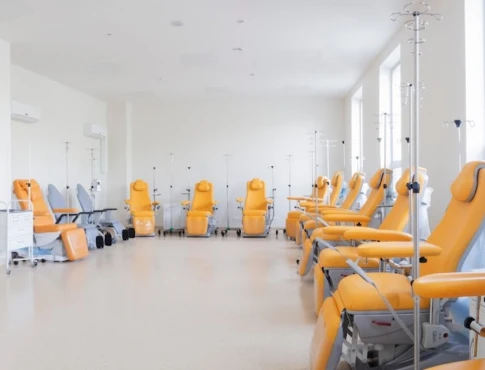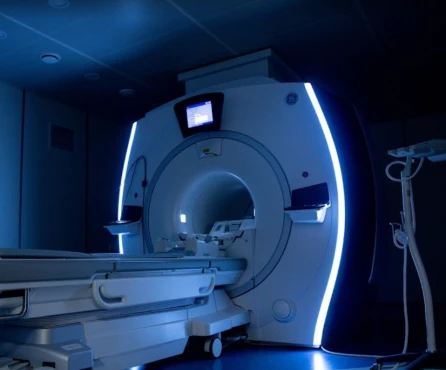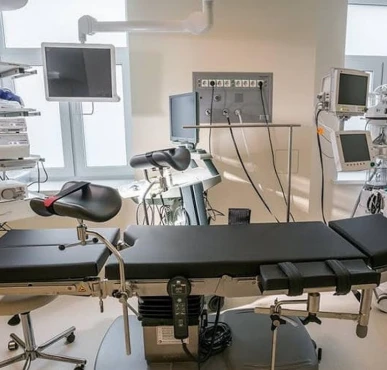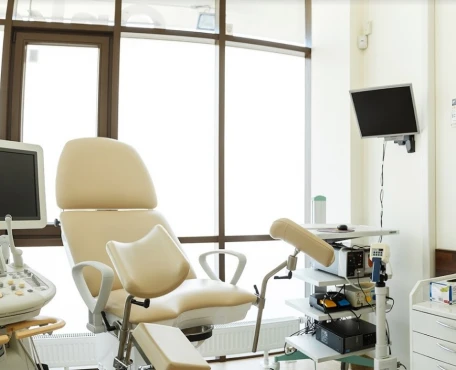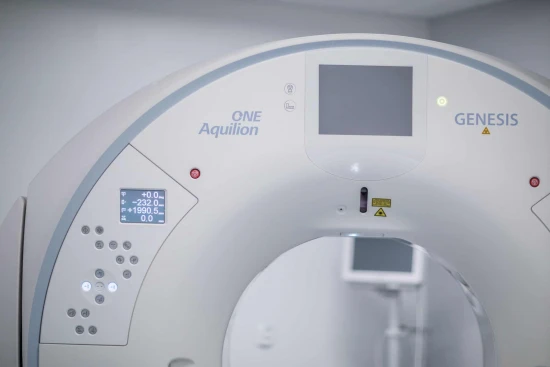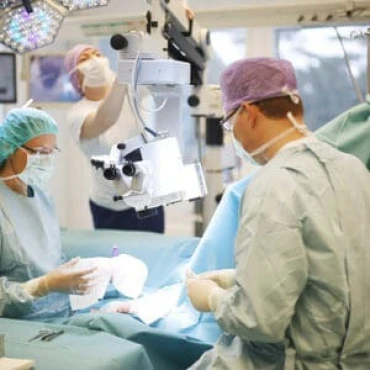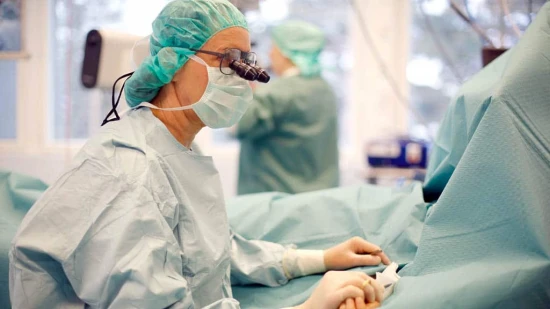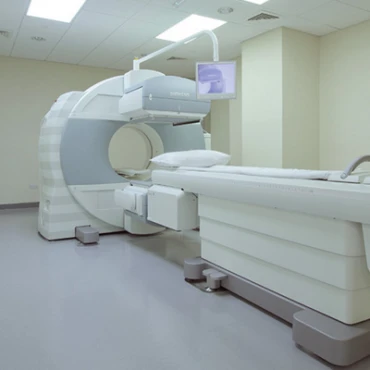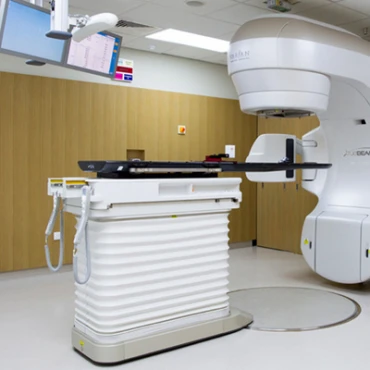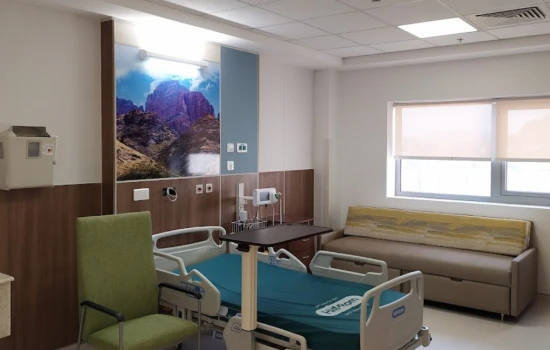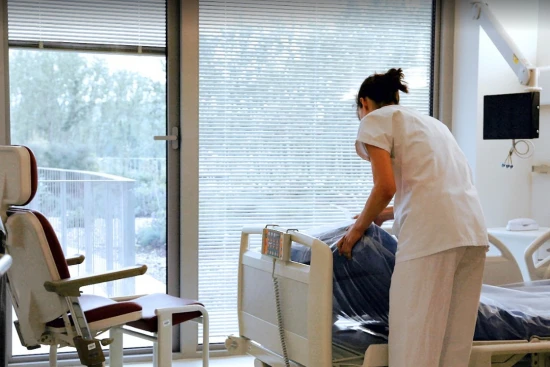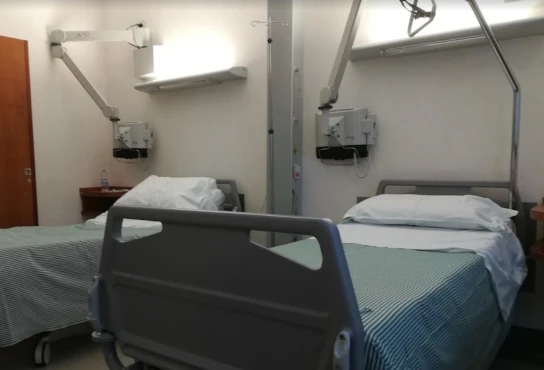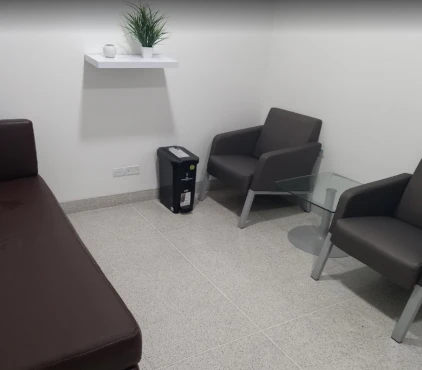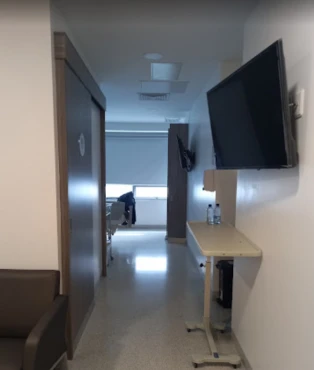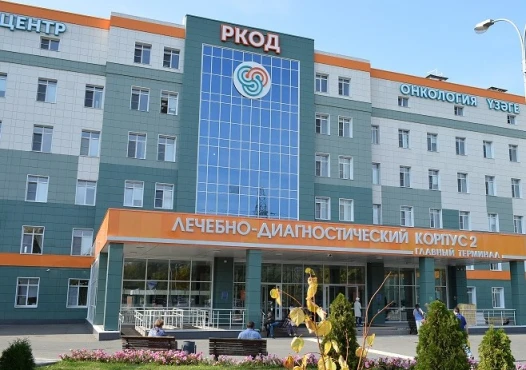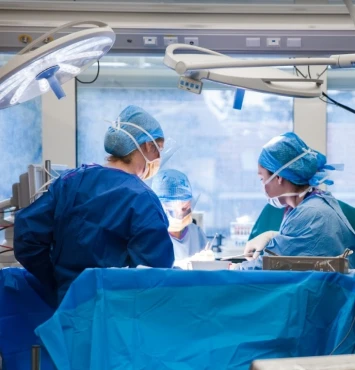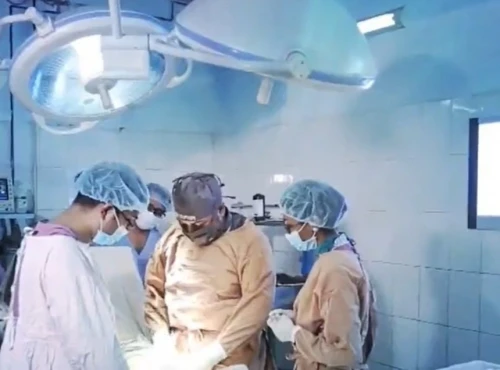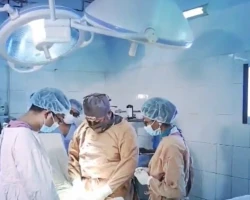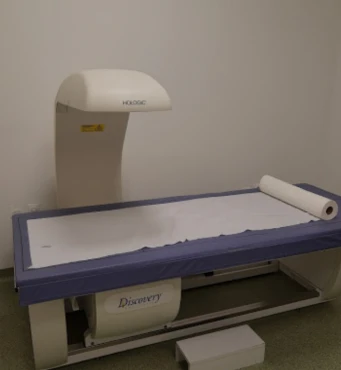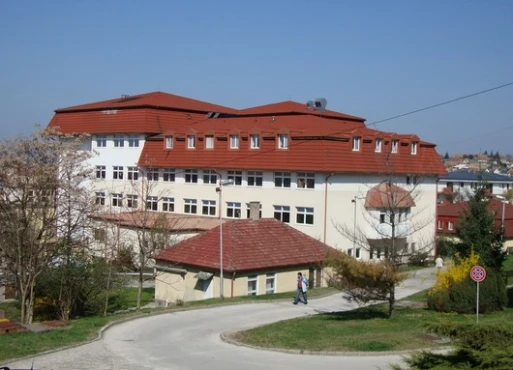Disease Types
What is the vulvar cancer?
Vulvar cancer is a rare form of cancer that develops on the external female genitalia, including the outer and inner lips, clitoris, and vaginal opening. This type of cancer often presents as a lump or sore on the vulva, which can be itchy.
Vulvar cancer is most common in women over 50, but it can occur at any age. The American Cancer Society estimates around 6,120 new cases will be diagnosed in the United States in 2023. While relatively rare, vulvar cancer accounts for about 0.6% of all cancers in women and 5% of gynecologic cancers. In recent years, there has been a slight decline in mortality rates due to advancements in diagnosis and treatment [Cancer.org, 2024].
The predominant form of vulvar cancer is squamous cell carcinoma, making up approximately 90% of cases. Other less common types include melanoma, basal cell carcinoma, adenocarcinoma, sarcoma, and verrucous carcinoma.
Causes & Risk Factors
What is the primary issue of vulvar cancer?
The exact cause of vulvar cancer remains unclear, but researchers have identified several risk factors that can increase a woman's chances of developing this rare form of cancer. One of the primary risk factors is infection with the human papillomavirus (HPV), particularly strains 16 and 18. Persistent HPV infection has been shown to raise the risk of vulvar cancer significantly.
Another significant risk factor is age. The likelihood of developing vulvar cancer increases as women get older, especially after the age of 50. Smoking is also an important risk factor, as it can more than double a person's chances of being diagnosed with this type of cancer.
Individuals with compromised immune systems, such as those living with HIV or taking medications that suppress the immune system, are also at a higher risk of vulvar cancer. Additionally, certain chronic vulvar conditions, like lichen sclerosus, which can cause the vulvar skin to become thin and itchy, are associated with an increased risk.
Finally, women with a history of cervical cancer or precancerous cervical conditions are more likely to develop vulvar cancer as well.
Clinical Manifestation & Symptoms
What signs should one anticipate while suspecting vulvar cancer?
The symptoms of vulvar cancer can be quite noticeable. Patients may experience persistent itching or discomfort in the vulvar region, which is the external female genitalia. The skin in this area may also undergo changes, such as developing white or thickened patches. Additionally, the appearance of lumps or sores that do not heal is a common sign. Patients may also notice unexpected bleeding or discharge unrelated to their menstrual cycle, as well as a burning sensation when urinating. Women must be aware of these potential symptoms and promptly report any concerning changes to their healthcare provider for further evaluation.
Diagnostic Route
When, where, and how should vulvar cancer be detected?
The diagnosis of vulvar cancer typically involves a comprehensive approach. First, a thorough physical examination of the vulva is conducted to identify any abnormalities. Next, a biopsy is performed, where a sample of the suspicious tissue is taken and examined under a microscope for a definitive diagnosis. A colposcopy, which provides an illuminated and magnified view of the vulva, is utilized to pinpoint any abnormal areas. Imaging tests, such as MRI or CT scans, are also employed to determine the extent of the disease.
While routine screening for vulvar cancer is not universally recommended for the general population, women with symptoms or risk factors must undergo regular gynecological exams. This proactive approach enables the early detection of any concerning changes, allowing for prompt intervention and improved outcomes.
Treatment Approaches
What are the options for managing vulvar cancer?
Treatment options for vulvar cancer are tailored to the stage of the disease, the size and location of the tumor, and the patient's overall health [NCI, 2024].
Surgery is a primary approach, with options like wide local excision to remove the cancer along with a margin of healthy tissue, which is often successful for early-stage cancer. More extensive procedures like radical vulvectomy, which removes a larger area of the vulva, may be necessary for larger or more invasive cancers. Additionally, lymph node dissection can be performed to check for the spread of cancer, and this surgical approach has a high response rate, with a 5-year survival rate exceeding 70% for early-stage vulvar cancer.
Another treatment modality is radiation therapy. External beam radiation therapy uses high-energy X-rays to target and kill cancer cells, often in combination with surgery for advanced-stage cancers. This combination therapy has an efficacy rate of around 50-60%. Brachytherapy, which involves placing radioactive material directly inside the body near the cancer cells, is a less commonly used but potentially effective radiation therapy option.
Chemotherapy also plays a role in vulvar cancer treatment. Topical chemotherapy, such as the use of 5-fluorouracil, can be effective for precancerous lesions. Systemic chemotherapy, often used in combination with radiation therapy, is commonly employed for advanced or recurrent vulvar cancer. Drugs like cisplatin and mitomycin are frequently utilized, and while the response rate can vary, combination therapy has been shown to improve outcomes.
Emerging treatment approaches include targeted therapies and immunotherapies. Bevacizumab, an angiogenesis inhibitor that blocks the growth of blood vessels to the tumor, has shown promise in clinical trials with response rates around 20-30%. Additionally, epidermal growth factor receptor (EGFR) inhibitors, such as cetuximab, may be utilized in cases where the cancer expresses EGFR. Immunotherapy with pembrolizumab, a PD-1 inhibitor that helps the immune system recognize and attack cancer cells, has also been effective in some patients with advanced vulvar cancer, with approximately 15-20% response rates.
Prognosis & Follow-up
How does cutting-edge science improve the lifespan and quality of life for those with vulvar cancer?
The prognosis for vulvar cancer largely depends on the stage at which it is diagnosed and the effectiveness of the treatment approach. Individuals with early-stage vulvar cancer have a very favorable outcome, with a 5-year survival rate exceeding 70%. In contrast, advanced-stage cancer tends to have a lower survival rate, typically around 30-50%.
Fortunately, significant advancements in medical science have significantly improved outcomes and quality of life for many patients with vulvar cancer. Surgical techniques have become more sophisticated, allowing for more precise and less invasive procedures. Radiation therapy has also evolved, providing more targeted and effective treatment options. Furthermore, developing cutting-edge therapies, such as targeted drugs and immunotherapies, has expanded the arsenal of tools available to fight this disease.
Regular follow-up care is crucial for individuals diagnosed with vulvar cancer. This involves meticulous monitoring to detect potential recurrences at the earliest possible stage. Typically, patients undergo physical examinations every 3 to 6 months for the first two years, followed by check-ups every 6 to 12 months for up to 5 years. Imaging tests, such as scans, are performed based on the individual's symptoms or findings during the physical exams. Additionally, if the patient's cervix is still present, regular Pap smears are conducted to monitor for any recurrences or the development of new lesions.







